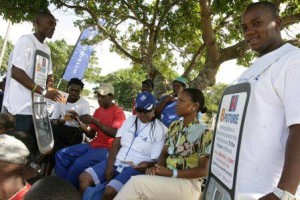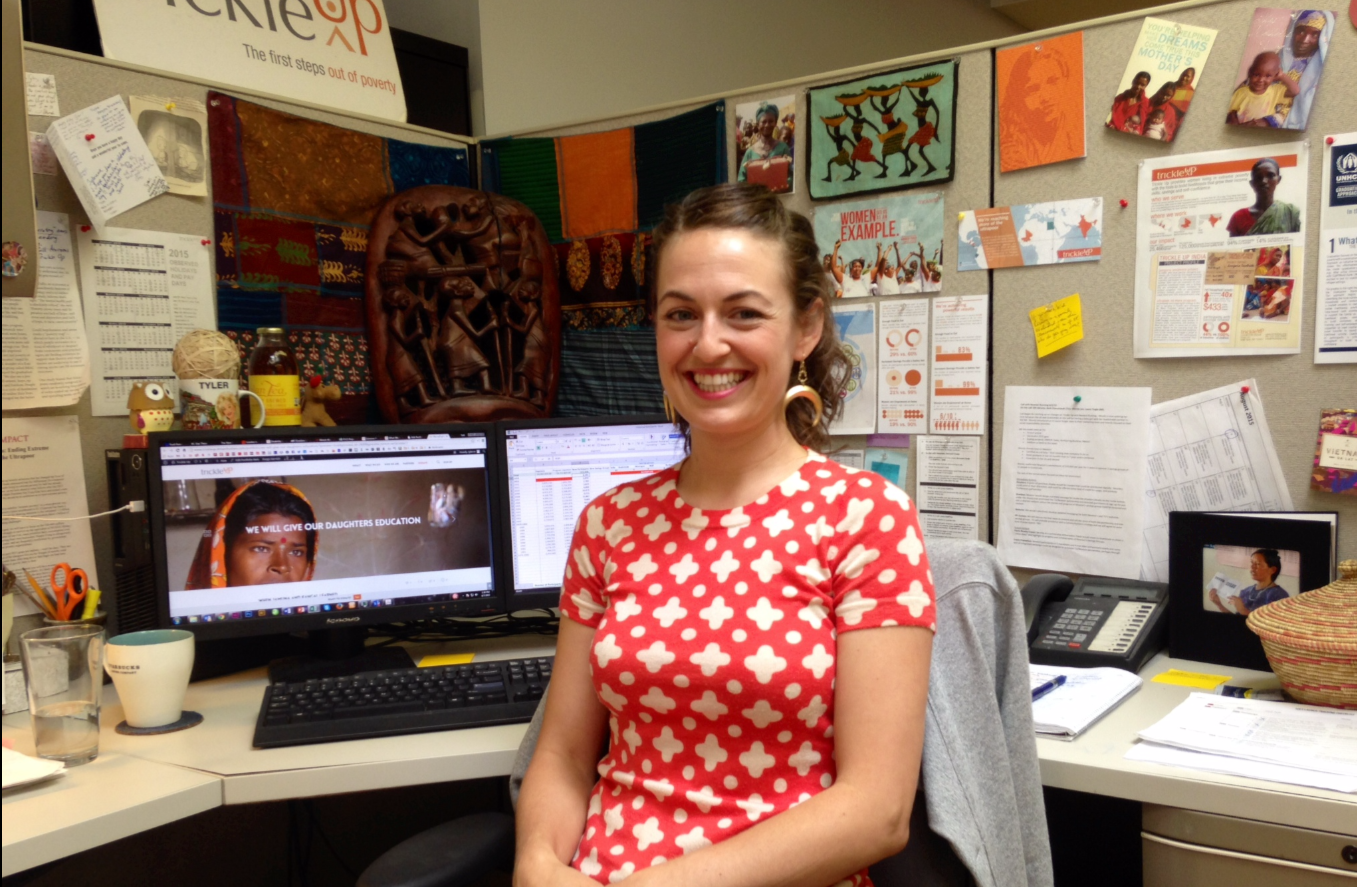We’re going to continue to look at emerging mobile health applications this week. While last time the focus was on promising technologies on the horizon, these projects share an approach that maximizes the impact of what’s already available—in most places that means sending an SMS. The low cost and high penetration of mobiles make them an incredibly powerful platform for promoting health. In these examples, mobiles are used to expand public health education and improve patient monitoring.
 The development organization BRAC—in partnership with technology firm Dimagi—is testing short, mobile-delivered, educational courses on health topics ranging from hygiene to HIV/AIDS prevention. The courses include multiple-choice quizzes that users answer with their keypads using Interactive Voice Response (IVR) technology. As an incentive, users’ accounts are credited with additional minutes when they successfully complete a quiz. By using mobiles and IVR, these quizzes enable individuals, even if illiterate, to easily obtain health information.
The development organization BRAC—in partnership with technology firm Dimagi—is testing short, mobile-delivered, educational courses on health topics ranging from hygiene to HIV/AIDS prevention. The courses include multiple-choice quizzes that users answer with their keypads using Interactive Voice Response (IVR) technology. As an incentive, users’ accounts are credited with additional minutes when they successfully complete a quiz. By using mobiles and IVR, these quizzes enable individuals, even if illiterate, to easily obtain health information.
Public health campaigns can also take advantage of improvements in data compression. South African insurer Metropolitan Life is publishing a comprehensive e-booklet on HIV that can be read on a users’ mobile. The “B the Future” guide compresses prevention, treatment and educational information into a 300kb file that can be downloaded more quickly than a ringtone. Once on a mobile, the guide can be opened in areas that lack cell coverage further expanding access. These methods of empowering communities to take ownership of their health could apply elsewhere as SMS enables a huge amount of health knowledge to be widely disseminated at low costs to both consumer and educator.
Even more significant than expanding public health knowledge is helping the public health sector to efficiently manage patient health histories. Collecting and maintaining a database of observations and treatment regimes is critical to improving patient care as well as managing the spread of antibiotic resistant infections. The foundation for better medical history management has been the development of OpenMRS by Partners in Health and the Regenstrief Institute. The software (full demo here) is an open-sourced medical records manager that allows for a sophisticated observations database and patient search. The system stores data in a “concept dictionary” that defines the relationship between entries. Demographics, medication used, symptoms observed—any relevant medical data is easily indexed and viewable by health workers.
The real revolution, however, is being pioneered by social entrepreneurs who are integratrating mobile observations into the existing infrastructure. By enabling health workers in the field to digitally record and upload information, health providers can dramatically improve patient outcomes. Check back on Thursday for more on how SanaMobile and FrontlineSMS: Medic are integrating mobile technologies on top of the OpenMRS framework to incredible results.


